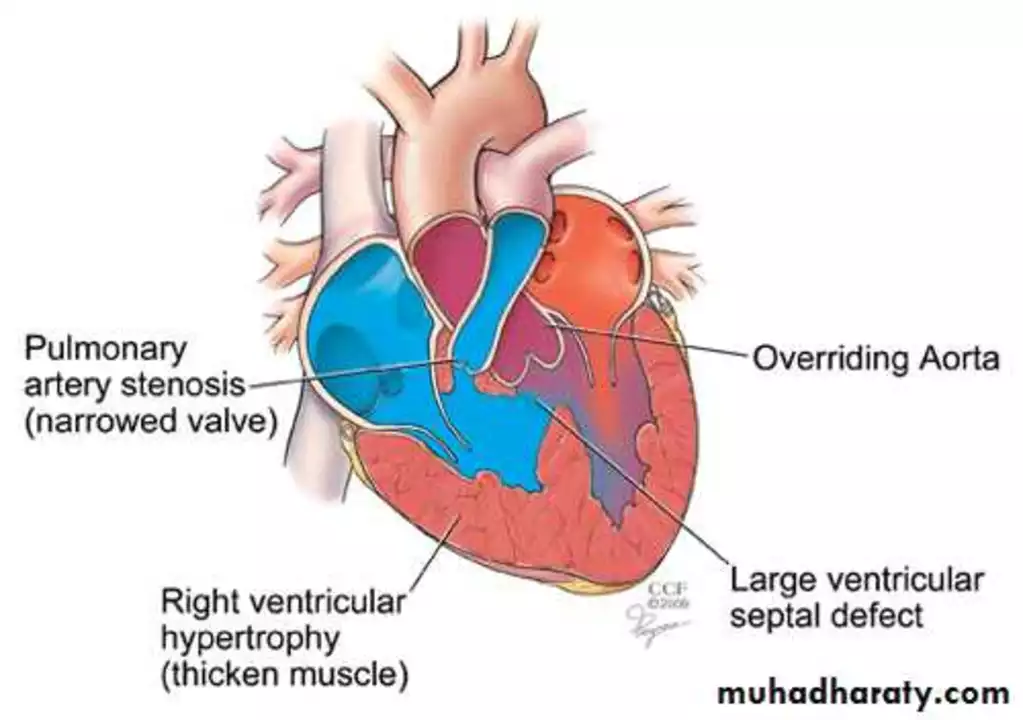Alcohol consumption: what to know about your health and medications
Alcohol changes the way many drugs work and can add real risk to common treatments. Want to keep drinking low-risk or planning to stop? This page gives clear, practical stuff: how alcohol affects your meds, what tests matter, and short steps you can use today to stay safe.
How alcohol affects meds and your body
Alcohol can boost side effects like drowsiness, dizziness, or poor judgment when mixed with antidepressants (for example, venlafaxine/Effexor), antihistamines, opioids, or sleeping pills. It also raises liver stress when combined with acetaminophen — even everyday pain pills can become dangerous if you drink regularly. Some antibiotics like metronidazole cause severe nausea and flushing with alcohol; blood thinners like warfarin can become less predictable when you drink.
Long-term heavy drinking damages the liver and heart. If you have heart failure or high blood pressure, alcohol and tobacco together make outcomes worse and raise risk of hospital visits. If you’re managing chronic conditions—diabetes, TB, or a psychiatric disorder—check with your prescriber on safe limits or whether you should avoid alcohol entirely.
Practical safety steps you can use now
1) Tell your pharmacist and doctor what you drink. That’s the fastest way to catch risky combinations. Show them all prescription meds, over-the-counter products, and supplements.
2) Watch liver tests. If you take drugs that can harm the liver (acetaminophen, some antivirals, or long-term antibiotics), ask for baseline ALT/AST and repeat checks if you drink often.
3) Be cautious with mood meds. If you’re on antidepressants or antipsychotics and notice more sleepiness, mood swings, or worse anxiety after drinking, stop drinking and call your clinician.
4) If you’re thinking about treatment for alcohol use disorder, medications like naltrexone can help reduce cravings and drinking days. Naltrexone works for many people but isn’t a fit for everyone—talk to a doctor about liver tests and whether it’s right for you.
5) Follow local low-risk drinking guidelines. If you’re unsure what those are, your primary care clinic or pharmacist can point you to up-to-date, country-specific limits.
Want more reading? Check these tag posts on RxCanadaPharm for details and practical tips:
- "Naltrexone for Addiction: How This Medication Helps Recovery" — how naltrexone works and what to expect.
- "Alcohol and Tobacco: The Real Impact on Heart Failure You Should Know" — clear facts about heart risk.
- "Effexor Guide: Understanding Venlafaxine Uses, Side Effects, & Tips" — what to watch for when mixing with alcohol.
- "Understanding Acetaminophen: Side Effects Unveiled" — why mixing acetaminophen and alcohol can harm your liver.
If something feels off after drinking while on meds—severe drowsiness, confusion, fast heartbeat, or vomiting—seek medical help. Small steps (tell your provider, check labs, adjust meds) usually prevent big problems. If you want, I can summarize any article above or help find advice specific to a drug you take.
The Connection between Alcohol Consumption and Left Ventricular Failure
In my recent research, I discovered a significant connection between alcohol consumption and left ventricular failure. It appears that excessive alcohol intake can lead to the weakening of the heart muscle, known as cardiomyopathy, which in turn causes left ventricular failure. This type of heart failure results in the heart's inability to pump blood effectively, leading to various health complications. Cutting back on alcohol or avoiding it altogether can significantly reduce the risk of developing left ventricular failure. It's essential to prioritize our heart health and maintain a balanced lifestyle to prevent such conditions.
